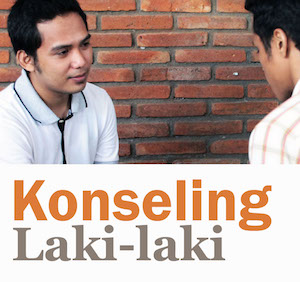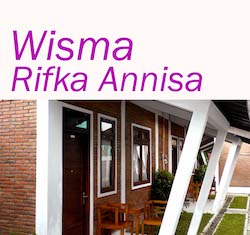Rifka Annisa is working with three partners under the UN Trust Fund and other programs (KKTGA – the Working Group for Gender Transformation – in Aceh, LBH – Legal Aid – in Jakarta, and LBHP2I – Legal Aid and Resources for Women in Indonesia in Makassar) to conduct research and gather preliminary data. The workshop took place during 20-31 May 2013, discussing Integration Act No. 23 (2004) about domestic violence and Act No. 23 (2002) about the protection of children in Islamic marriage institutions (judiciary religion, Office of Religious Affairs, Marriage Counseling and Divorce Settlement Bodies). This study uses several methods of analysis in examining the results of court decisions. These methods include interviewing clients within the religious court system regarding the services provided to women victims, institutional providers, and courses for women victims and prospective brides and grooms (suscatin). Additionally, a questionnaire was distributed in various communities in four cities (Aceh, Jakarta, Gunung Kidul, and Makassar).
Results of this study suggested that around 50% of assisted teens in Makassar and 67% of those in Jakarta claim to have greater knowledge about domestic violence having read articles and leaflets than those who have attended training seminars. Knowledge regarding laws against interpersonal violence was also examined. Approximately 54% of participants in Aceh, 77% in Jakarta, 65% in Makassar, and 92% in Gunung Kidul reported that they believed withholdingnafkah, an allowance for household expenditure, from one’s partner—usually the wife—equates to domestic abuse. Suscatin, an educational program designed to prepare people with plans for marriage, is conducted through a series of lectures and informal discussions. One of the highlights of the research was the discovery that this educational practice is carried out both before and after the marriage ceremony. Courses and consultations after the wedding are done informally, at the initiative of the client and the officials from the Office of Religious Affairs. Pre-marriage counseling can be arranged via SMS or direct phone call to the Office of Religious Affairs. Instances of divorce registered by a wife against her husband (74%) were much higher than divorce registered by a husband against his wife (26%). Most of those cases registered by a wife were decided verstek (74%), meaning without the presence of her husband.







